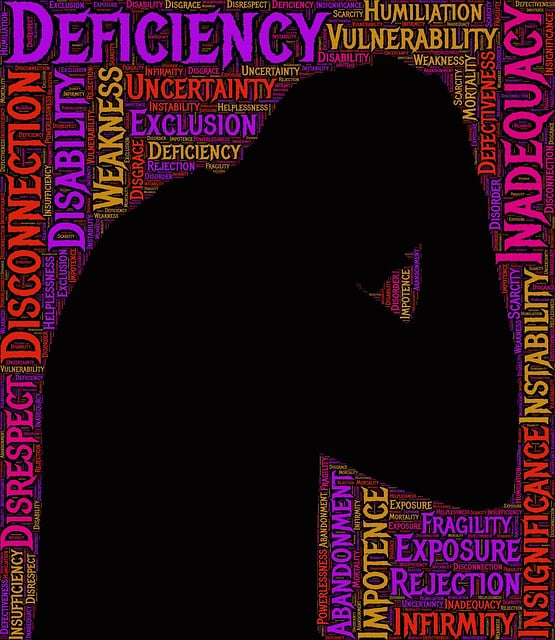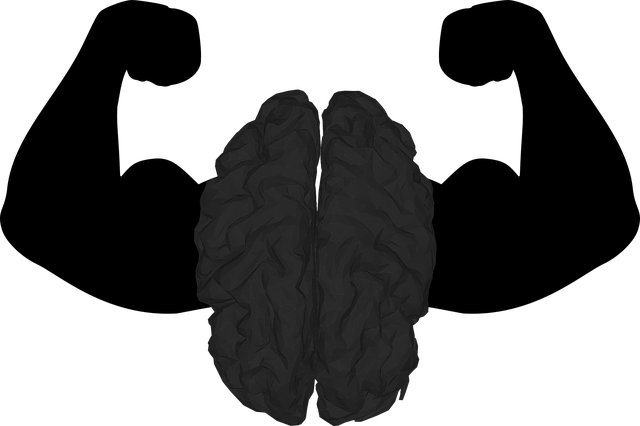Stigma severely impedes access to mental health resources like DBT therapy, causing prolonged suffering and isolation. To combat this, society must raise awareness through education campaigns, promote empathy among healthcare providers, and offer cultural competency training. DBT, initially designed for borderline personality disorder, combines cognitive-behavioral techniques with mindfulness practices to teach emotion regulation, stress management, and positive relationships, reducing stigma while improving mental health outcomes. Positive media representations of recovered individuals and integrating mental health education can challenge harmful narratives and increase access to resources like DBT. Support groups also play a vital role by offering judgment-free spaces for sharing experiences and coping strategies, enhancing professional therapy like DBT.
Mental illness stigma, a pervasive barrier to seeking help, demands concerted efforts for reduction. This article explores effective strategies to combat this societal issue, focusing on the profound impact of stigma on mental health and well-being. We delve into evidence-based approaches like Dialectical Behavioral Therapy (DBT) as a powerful tool for stigma reduction. Additionally, we examine educational initiatives, media representation, support groups, and community engagement as crucial components in building understanding and fostering an inclusive society.
- Understanding the Impact of Stigma on Mental Health
- Dialectical Behavioral Therapy (DBT): A Powerful Tool for Stigma Reduction
- Educational Initiatives to Break Down Barriers
- Media Representation and its Role in Shaping Public Perception
- Support Groups and Community Engagement: Building a Network of Understanding
Understanding the Impact of Stigma on Mental Health

The impact of stigma on mental health cannot be overstated. It often serves as a barrier that prevents individuals from seeking help and openly discussing their struggles, leading to prolonged suffering and isolation. Stigma surrounding mental illness can manifest in various forms, from discrimination in social settings to inadequate treatment options. Those affected may experience a sense of shame, fear, or embarrassment, which hinders their ability to access essential resources like therapy for dialectical behavioral therapy (DBT). This specialized form of therapy equips individuals with valuable communication strategies and emotional healing processes needed to manage intense emotions and improve overall well-being.
Reducing the stigma involves raising awareness about mental health issues through education campaigns, fostering empathy, and promoting understanding among healthcare provider communities. Healthcare providers play a pivotal role in combating stigma by demonstrating cultural competency training. This ensures that patients receive non-judgmental, culturally sensitive care, encouraging open conversations about their mental health concerns. By addressing stigma at these levels, society can create an environment where individuals feel supported, understood, and empowered to prioritize their mental health, ultimately leading to improved access to quality treatment options like DBT therapy.
Dialectical Behavioral Therapy (DBT): A Powerful Tool for Stigma Reduction

Dialectical Behavioral Therapy (DBT) is a powerful and effective tool in the ongoing battle against mental illness stigma. This evidence-based therapy was initially developed to treat individuals with borderline personality disorder, but its benefits extend far beyond that. DBT incorporates mind over matter principles, teaching clients valuable skills to manage stress and regulate emotions. By focusing on acceptance and change, it empowers individuals to navigate their experiences with greater resilience and self-compassion.
The therapy’s structured approach includes individual sessions and group skill training, fostering a supportive environment where participants learn to identify and challenge distorted thinking patterns. This process is crucial in breaking down the barriers of stigma by promoting understanding and empathy. DBT encourages people to embrace their emotions, accept themselves, and cultivate positive relationships, all of which contribute to improved mental health outcomes and reduced social isolation.
Educational Initiatives to Break Down Barriers

Educational initiatives play a pivotal role in reducing stigma associated with mental illness. By integrating programs that focus on raising awareness and dispelling myths, communities can foster understanding and acceptance. Schools, workplaces, and community centers can host workshops, seminars, and interactive sessions to educate individuals about various mental health conditions, including their symptoms, causes, and effective treatment options. Introducing topics like Crisis Intervention Guidance and Empathy Building Strategies can help break down barriers and encourage open conversations.
One such evidence-based approach that has gained significant traction is Dialectical Behavioral Therapy (DBT). DBT combines cognitive-behavioral techniques with concepts derived from mindfulness practices to teach individuals skills in emotion regulation, distress tolerance, interpersonal effectiveness, and mindfulness. By equipping people with these tools, DBT empowers them to navigate challenging situations, understand their emotional responses, and seek appropriate support when needed, thereby reducing the fear and stigma often associated with seeking therapy.
Media Representation and its Role in Shaping Public Perception

Media representation plays a pivotal role in shaping public perception about mental illness, significantly influencing how society understands and treats individuals facing psychological challenges. The way media portrays mental health conditions can either perpetuate stigma or foster understanding and empathy. Positive representations, such as those featuring recovered individuals sharing their stories of strength and resilience, can inspire hope and encourage others to seek therapy for dialectical behavioral therapy (DBT) or other forms of treatment. Conversely, negative stereotypes and sensationalized narratives can further marginalize people with mental illness, making it harder for them to access support and leading to misconceptions about their abilities and potential.
By integrating mental health education programs design that promote accurate representation and stress management workshops organization aimed at challenging harmful narratives, the media can contribute to significant changes in public perception. These efforts are crucial in promoting mental wellness coaching programs development, ensuring individuals with mental illness receive the care and respect they deserve. This shift in perspective can lead to increased acceptance, reduced stigma, and better access to resources for those in need.
Support Groups and Community Engagement: Building a Network of Understanding

Support groups play a pivotal role in Mental Illness Stigma Reduction Efforts. These platforms provide individuals facing similar challenges with a sense of belonging and community, fostering an environment where they can share their experiences openly without fear of judgment. Members gain valuable insights from one another, learning coping strategies and offering emotional support that transcends professional therapy for dialectical behavioral therapy (DBT).
Community engagement amplifies these positive impacts through Public Awareness Campaigns Development. Events, workshops, and discussions led by organizations focused on Stress Management Workshops Organization help to educate the public about mental health, dispel myths, and promote understanding. These collective efforts contribute significantly to breaking down barriers, encouraging empathy, and ultimately reducing the stigma surrounding mental illness.
Mental illness stigma reduction is a multifaceted approach that requires understanding, education, and representation. By implementing evidence-based therapies like Dialectical Behavioral Therapy (DBT), breaking down barriers through educational initiatives, challenging media stereotypes, and fostering community engagement through support groups, we can create a more inclusive and supportive society. These efforts collectively contribute to enhancing mental health awareness and improving access to care for those facing mental health challenges.











